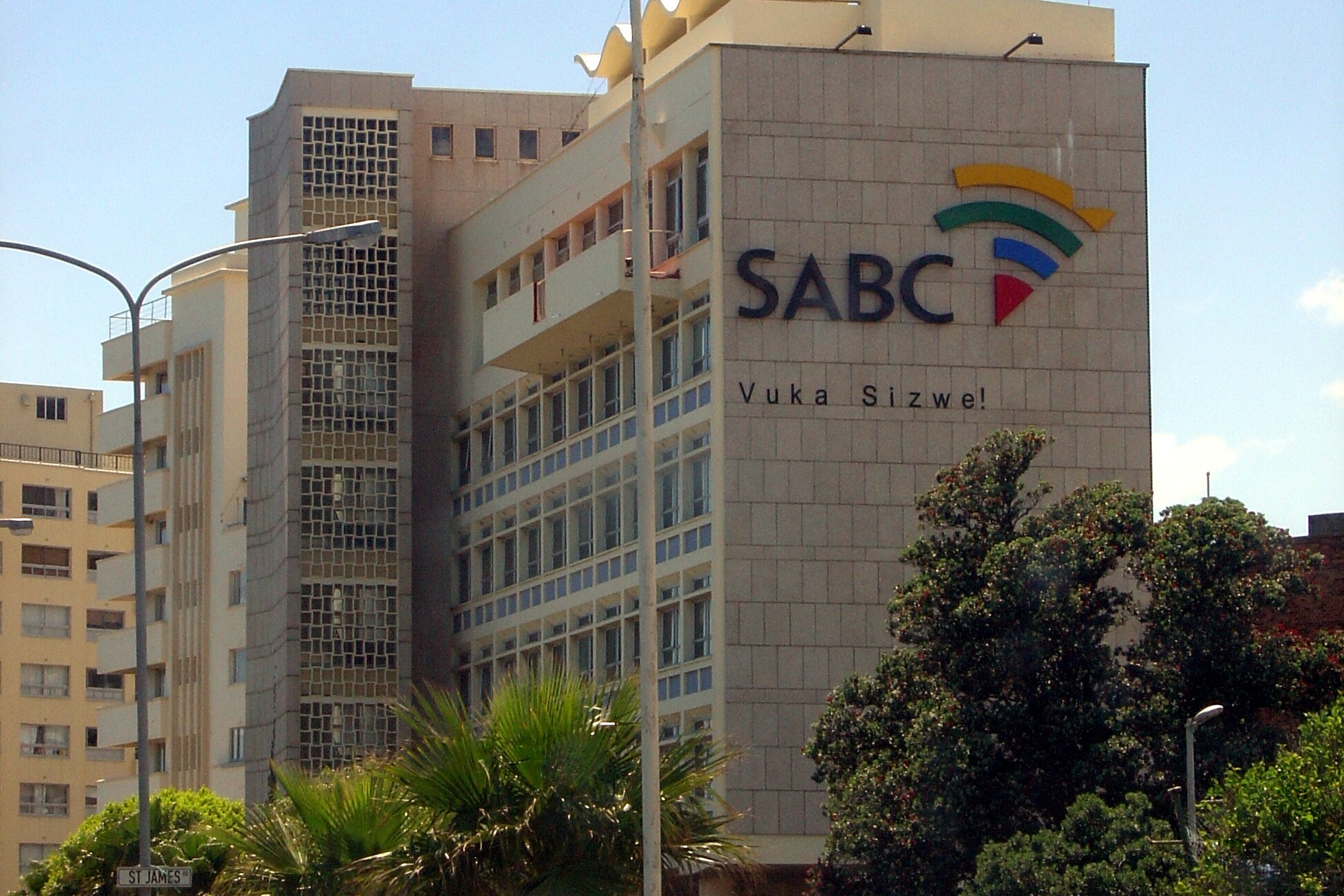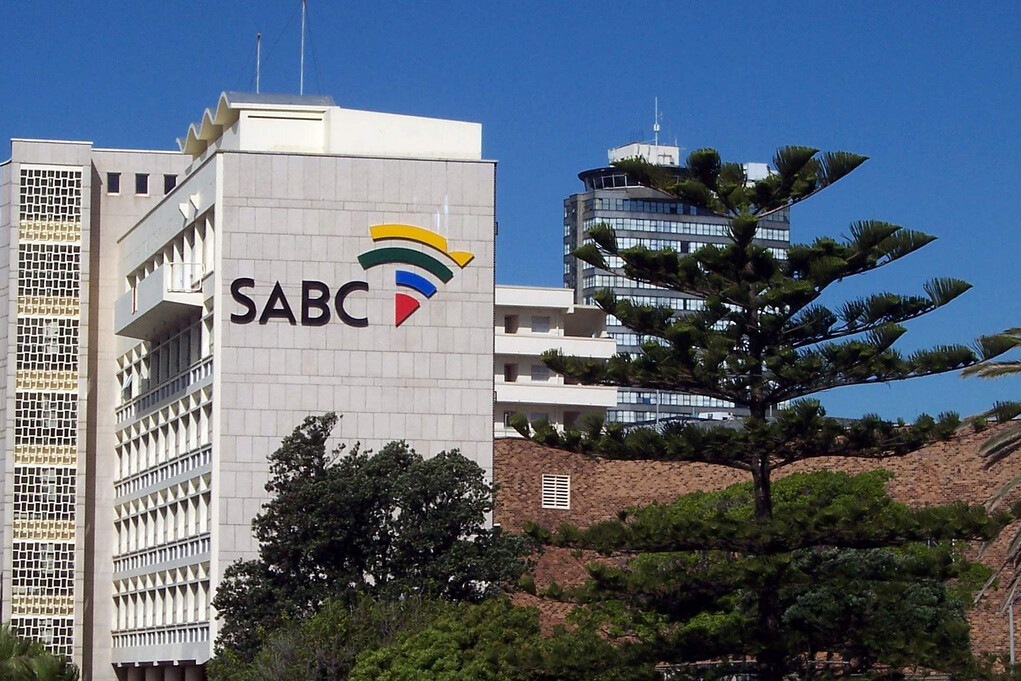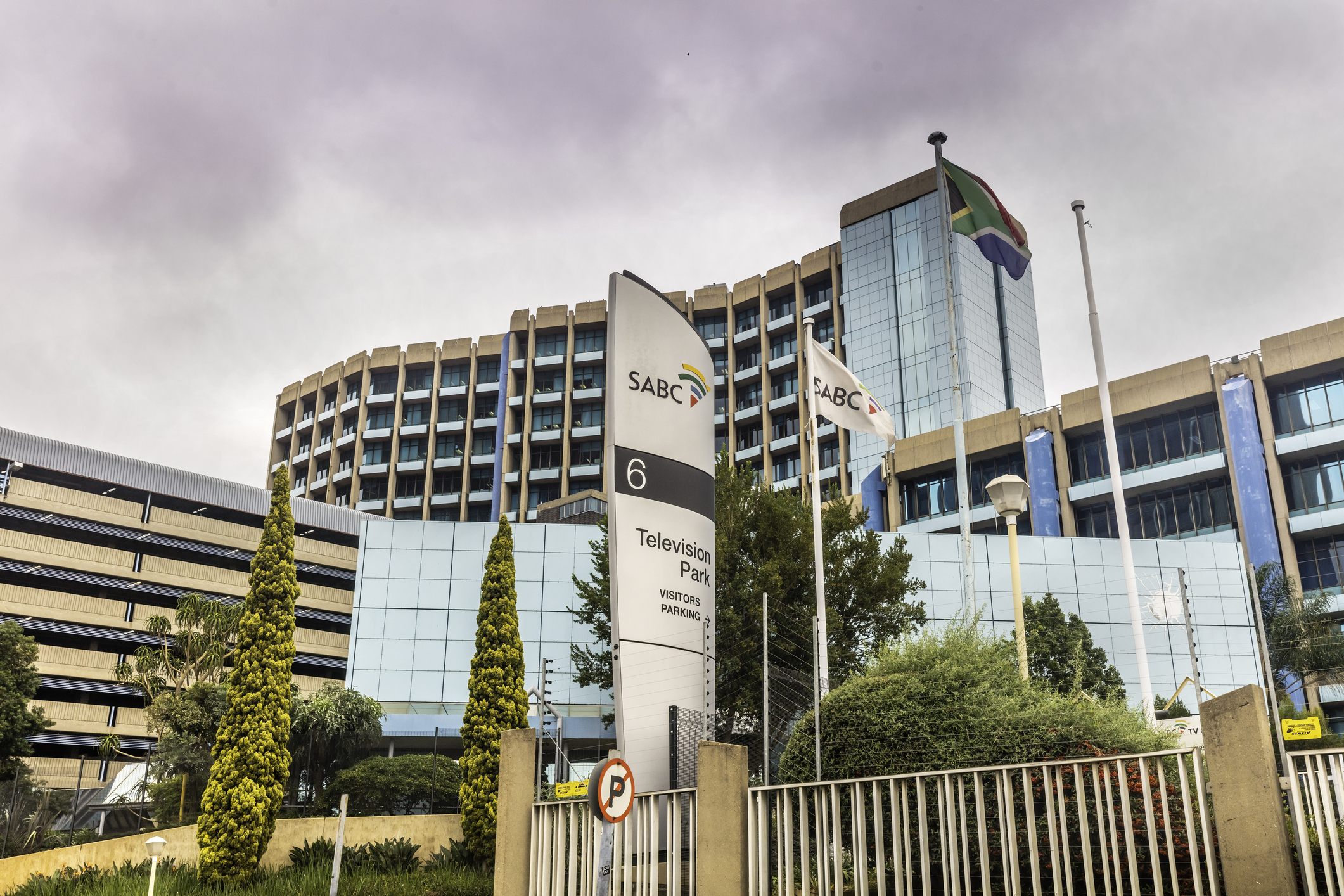As South Africa’s public broadcaster celebrates its 84th year, its achievements are recognised against a backdrop of planned retrenchments and restructuring as well as court proceedings and previous misconducts.
South Africa’s national public broadcaster, SABC, is mandated to provide independent and impartial news, multiplatform programming and educational content – most recently demonstrated by the launch of its new education channel in response to the COVID-19 pandemic.
As Chairperson of the Pan South African Language Board, Dr Tebogo David Maahlamela reflects: “SABC boasts programming that is authentic and is representative of its culturally and linguistically diverse public, through broadcasting in all official languages as enshrined in the constitution of the Republic of South Africa.” But he also recognises that even when celebrating some of its successes, there is still more to be done “to ensure equal inclusion of all language groups across all programming.”
Read more: SABC: Informing, educating and entertaining the South African public at a time of crisis
Yet amid celebrations, the public broadcaster is still grappling with the debilitating financial difficulties that were brewing even before the COVID-19 pandemic took its toll on the wider South African media industry. As highlighted in our last Focus on SABC report, some of these difficulties stemmed from decisions, malpractices and misconducts made by previous senior management over a decade ago.
Read more: SABC troubles just add to a growing list of funding challenges for the state (News 24)
Retrenchments and restructuring
In June, the public broadcaster launched its Target Operating Model, designed as a roadmap for SABC’s long-term financial sustainability. But among several proposals that would help to implement its turnaround strategy include considerations for reducing the broadcaster’s salary bill by around R700 million. Since then, SABC’s management has also appeared committed to following through with a retrenchment plan, having sent a Section 189 notice to staff informing them that around 600 full time employees could be laid off and around 1,200 freelancers could have their contracts terminated. Yolande van Biljon, SABC’s Chief Financial Officer, told the Parliament’s Communications Committee that “the public broadcaster has to do what is necessary, even if it is very painful.”
The plans have been met with widespread condemnation from various stakeholders including labour unions representing many SABC employees, the Communications and Digital Technology Minister, and even the ruling African National Congress party, which suggested that SABC should consider all other avenues, such as expanding its advertisement team and completing its digital migration progress, before committing to job cuts. Aubrey Tshabalala, Secretary-General of the Communication Workers Union (CWU) also recommends that SABC invest more into the online streaming market and upskill workers before resorting to retrenchment measures.
A recent report by the Sunday World reveals that Bongumusa Makhathini, Parliament’s Portfolio Communications Committee Chairperson, has joined calls for SABC to stop its retrenchment process, urging the organisation to engage more with stakeholders and submit a completed skills audit to Parliament.
Yet, there are major concerns about how news services could be adversely affected should the retrenchment process go ahead, especially at a time when verified and timely information is most needed. Zolisa Sigabi of the SABC Editorial Forum was quoted in News 24 saying: “Our newsroom is seriously limping, because of the lack of financial and human resources. The Advent of the COVID-19 pandemic has exacerbated the situation with the numbers of workers reduced because of restrictions and sickness.”
Court proceedings and misconducts
Some of the labour unions have also accused the public broadcaster of failing to consult employees and other relevant stakeholders about its restructuring and retrenchment plans, and questioned the lack of transparency around the Section 189 process and its skills audit. As a result, both the CWU and the Broadcasting, Electronic, Media & Allied Workers Union (BEMAWU) are considering taking the public broadcaster to labour court to challenge the retrenchment. According to SABC News, BEMAWU claims there to be “illegal practices being conducted by management over the looming retrenchments at the public broadcaster.”
The broadcaster has also been the subject of an ongoing accusation by SABC’s former Chief Operations Officer, Chris Maroleng, who was dismissed from his post last year for alleged misconduct, which prompted SABC to carry out a disciplinary process. Maroleng argues that the SABC unlawfully terminated his contract and has applied to the Johannesburg Labour Court to sue the public broadcaster of R16 million in damages and reinstatement.
Other recent developments include SABC employees threatening to take the public broadcaster to court after it breached its confidentiality protections for those who testified at a commission set up in 2018 to investigate interferences and malpractices in SABC’s newsroom from 2012-2017. BEMAWU has called for the commission inquiry report to be retracted after it revealed the identities of several employees, including SABC3’s Special Assignment Executive Producer, Busisiwe Ntuli. In an email sent to the Chief Operating Officer, Madoda Mxakwe, last month, Ntuli wrote: “This betrayal of trust extends to allowing the flawed Thloloe report and the subsequent flawed investigation flowing from this report to invalidate and render the efforts of SABC employees futile, after they risked everything, believing in a process which was meant to open a new chapter for our newsroom.”
These legal cases could end up leaving a huge dent not only in SABC’s already dire finances but also in the trust that employees and the South African public have in their 84-year-old public broadcaster. The Public Media Alliance will continue to follow and report on developments at the public broadcaster.
Header Image: South African Broadcast Corporation (SABC) Television Park in Auckland Park, Johannesburg. Credit: THEGIFT777/iStock
Related Posts
27th April 2020
SABC: Informing, educating and entertaining the South African public at a time of crisis
South Africa’s national public…


